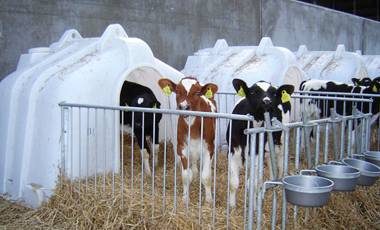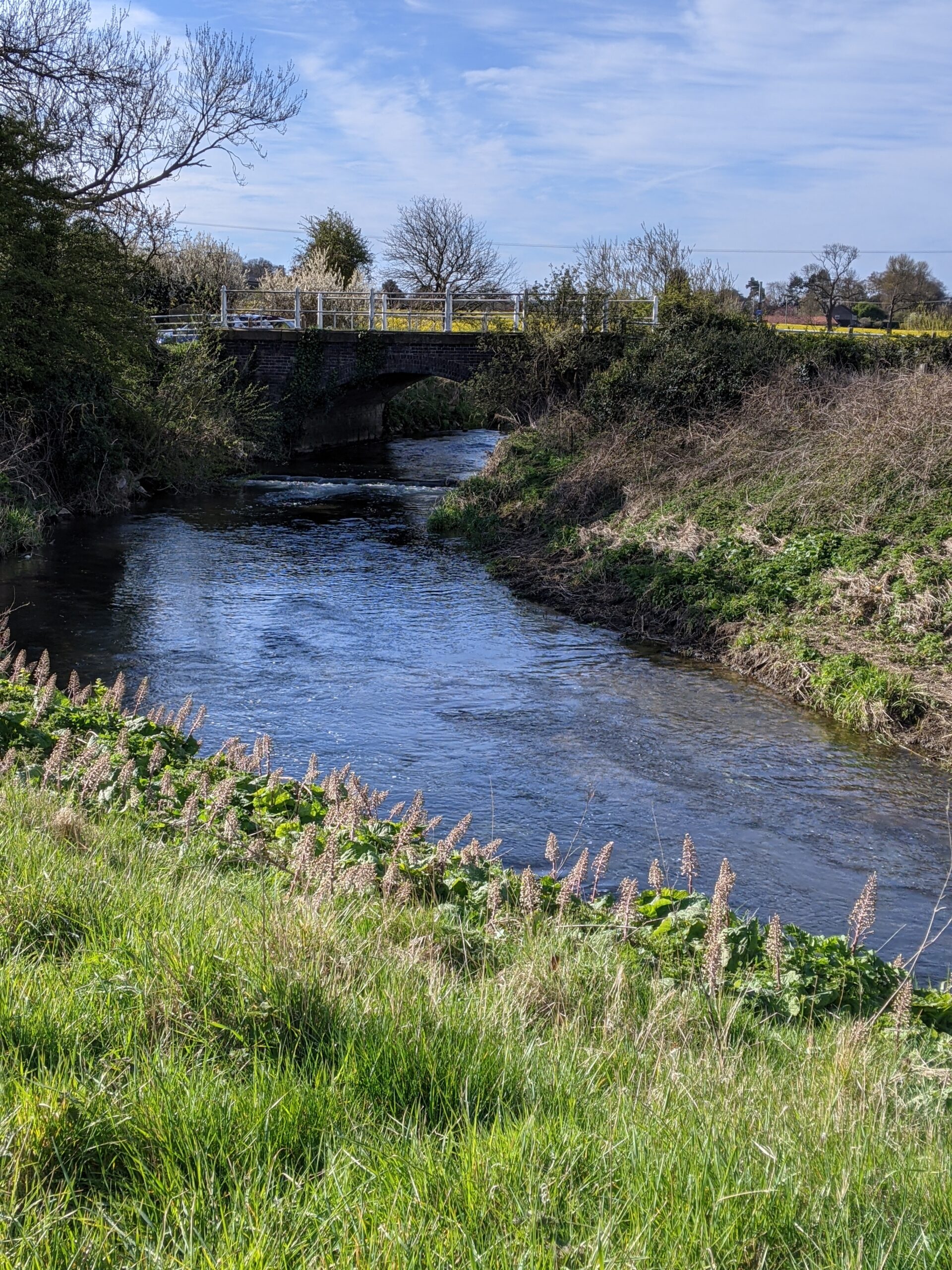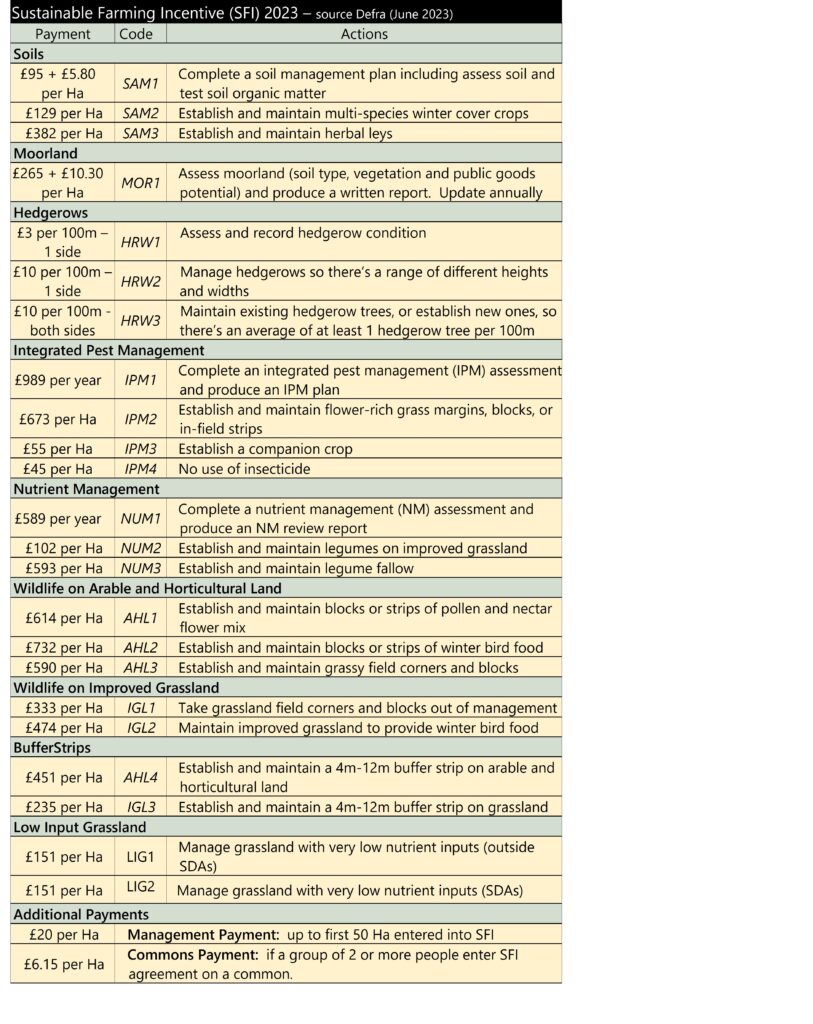More detail has been released covering what Scottish farmers will have to do to receive support in 2025. An updated ‘Agricultural Reform Route Map’ was announced by Rural Affairs, Secretary Mairi Gougeon, at the Royal Highland Show. It is an update of the previous document released in February (see https://abcbooks.co.uk/scottish-support-details/) – but supposedly rewritten to make it shorter, more practical and clearer. The latest version can be found at – https://www.ruralpayments.org/topics/agricultural-reform-programme/arp-route-map/ .
None of the fundamental timings set out previously have altered – the BPS (and other support) will be unchanged for 2024 before altering in 2025. The key points to emerge from the new document relate to what will be required from 2025 onwards.
To receive the BPS in 2025, farmers will have to meet new ‘Essential Standards’ – this is part the ‘conditionality’ that requires farmers to do certain actions to gain support. The Essential Standards will include;
- Greening – with the rules unchanged from currently
- Cross-compliance – as per the current rules, but with new protection for wetlands and peatlands added-in
- Whole-Farm Plans (WTP) – at this point the document becomes a little vague. It states that – ‘the foundations of the Whole Farm Plan will go live in 2025. The Foundations are ‘productivity baselines’: soil testing, animal health and welfare declaration, carbon audits, biodiversity audits, and the support for effective business planning’. It is not clear what elements of the WFP will be required in 2025 and to what extent. The Scottish Government plans to work with the industry to refine the requirements. Full details of the conditionality rules are set to be published in the first quarter of 2024.
The Preparing for Sustainable Farming (PSF) scheme is currently funding ‘baselining’ with grants for soil sampling, carbon auditing, and animal health & welfare. The PSF will end by March 2025 when these elements will be subsumed into the Whole-Farm Plan process.
The other new announcement in the document relates to conditionality on the Scottish Suckler Beef Support Scheme (SSBSS). From 2025, payments will be linked to calving intervals. Again, details of the requirements are still awaited. Thereafter, the Government has stated that the SSBSS will continue for 2026 but may be delivered differently. In terms of the Scottish Upland Sheep Support Scheme (SUSSS), the Roadmap states that it is ‘expected to continue in 2025 and 2026 but may be delivered using a different model from the current one’. It seems to suggest that there will be no conditionality on SUSSS payments in 2025, or that would have been announced now. Longer term, it is stated that ‘consideration is still being given to how Voluntary Coupled Support will be delivered from 2027’.
As set out in February, much larger changes will occur in 2026 – not least as the BPS will go to be replaced by a ‘Base’ payment and then ‘Enhanced Support’.










